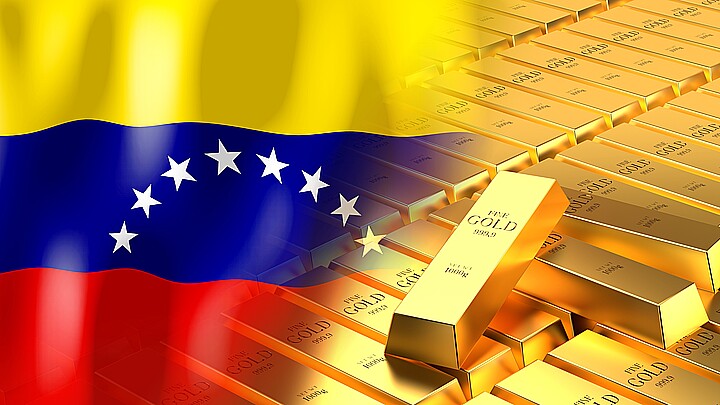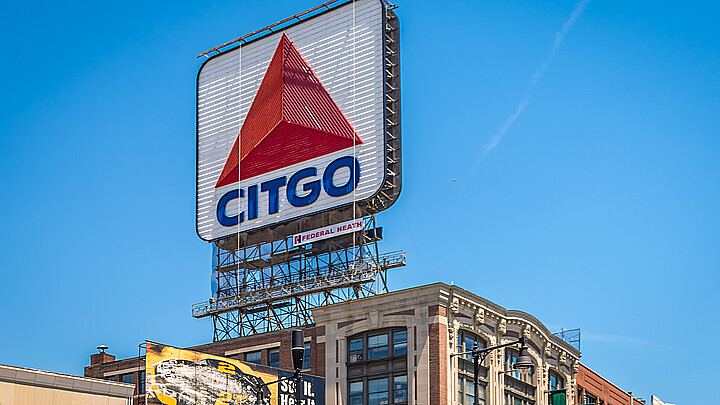Business
Venezuela raises minimum wage by 1,800%—finances increase with cryptocurrency
Maduro has reported relative economic stability in recent in recent months, following his decision to unofficially dollarize the economy, ease restrictions on the private sector and dramatically cut the fiscal deficit
March 4, 2022 2:02pm
Updated: March 4, 2022 5:53pm
Venezuelan dictator Nicolas Maduro announced on Thursday that his government will raise the nation’s minimum wage to 126 Venezuelan bolivars ($28) – a move which represents an 18-fold wage increase, 50% of which will be pegged to the government’s cryptocurrency, the petro.
The petro is Maduro’s oil-backed cryptocurrency and runs on the DASH blockchain. Unlike Bitcoin and other cryptocurrencies, it is centralized around government issuance and thus more closely resembles a central bank digital currency than a cryptocurrency.
“You proposed to set the workers’ basic minimum wage to half a petro, approved!” said Maduro during a televised speech he gave before an assembly of 10,000 government workers. “And that pushes all salary tables upwards.”
According to a report from Bloomberg, Maduro will finance the increase with tax revenue saved by lawmakers over “months” and has already instructed Vice President Delcy Rodriguez to ensure the private sector implements the increase by the end of the month.
The last increase was reported in April 2021 and raised the minimum rate to roughly $2.
Although Venezuela has suffered years of recession and hyperinflation – causing the mass exodus of over 6 million Venezuelans – Maduro has reported relative economic stability in recent in recent months, following his decision to unofficially dollarize the economy, ease restrictions on the private sector and dramatically cut the fiscal deficit.
Acknowledging that the private sector already pays significantly higher salaries than the public and unofficial sectors, Maduro proposed his government look for a “sustainable” way to continue to increase Venezuelan salaries.
“I think it’s something the government can afford,” said Henkel Garcia, director of local financial firm Econometrica. “But if they go back to financing salaries with money printing, the ghost of hyperinflation is likely to come back.”










